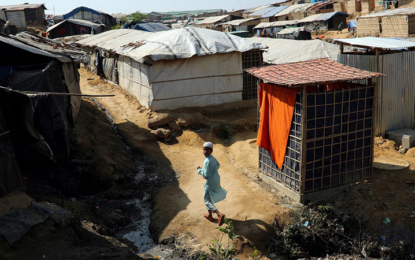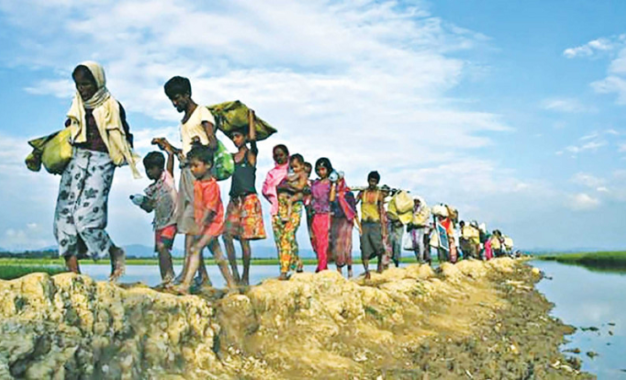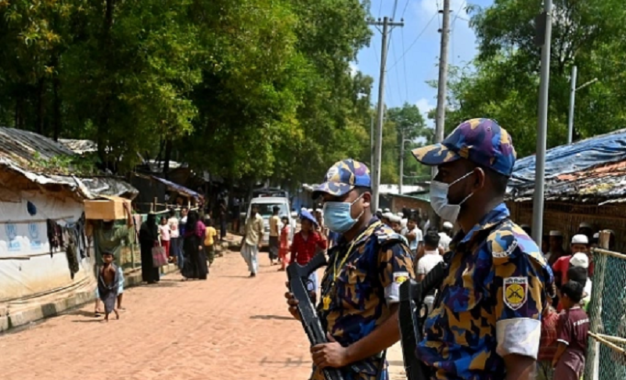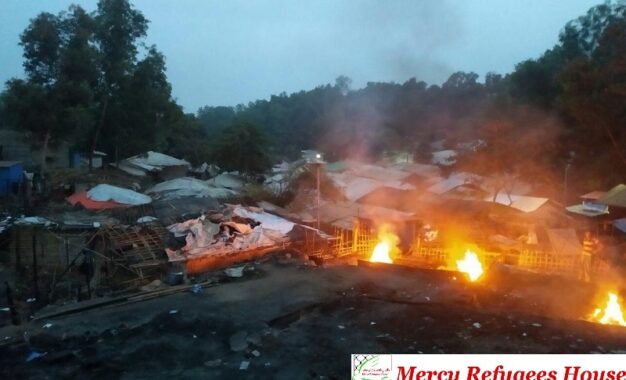Latest News
Rohingya leader Mohib Ullah murder accused dies in Chittagong jail
Bangladesh, Education, Help Refugees, Human Rights, Myanmar, Refugees Issues, Religious Rights
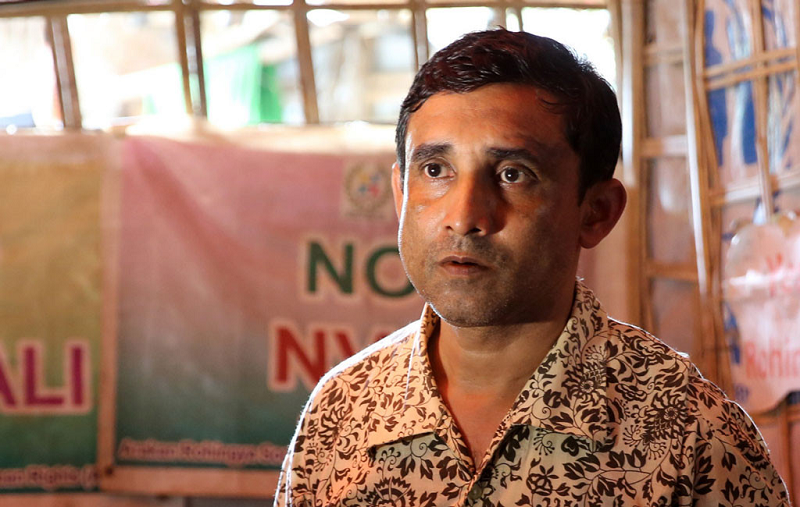
One of the accused in the Rohingya leader Mohib Ullah murder case has died at Chittagong Central Jail.
The deceased has been identified as Moulovi Zakaria, 53, son of late Abdul Karim of Block D/8 in Rohingya camp of Ukhia upazila in Cox’s Bazar district.
Chittagong Jail’s Deputy Jailer Monir Hossain said Zakaria was a cancer patient who died inside the jail on Friday night.
Rohingya leader Mohib Ullah was the chairman of the Arakan Rohingya Society for Peace and Human Rights (ARSPH), which has been facilitating the documentation of human rights abuses in Myanmar in 2016 and 2017.
He was shot dead by some gunmen at his office on September 29, 2021.
ALSO READ THIS: DENGUE PATIENTS HIGHER IN ROHINGYA CAMPS THAN IN REST OF THE COUNTRY
His assassination is believed to be the most high-profile killing that has happened in the Rohingya camps of south-eastern Bangladesh. Mohib Ullah’s assassination drew worldwide outrage, with the international community condemning the murder.
On September 30, his younger brother Habibullah filed the murder case with the Ukhia police station against unidentified attackers. Officer-in-Charge (Investigation) Salah Uddin investigated the case.
Zakaria, who allegedly was the mastermind behind the killing of Mohibullah was arrested in March this year.
The trial in the murder case started through framing charges against 29 accused on September 11.
A teacher in his 40s, Mohibullah arrived in Bangladesh during the 2016-17 Rohingya exodus from Myanmar.
Amazon Sponsorship
Recent Posts
Jul 29, 2023
It has been close to six years since hundreds of thousands of Rohingya faced a deadly genocide by Myanmar’s military and fled the country in search of protection and refuge in neighbouring Bangladesh. The Rohingya population has been undergoing persecution, discrimination, arbitrary arrests, and atrocities in Myanmar for over seven decades. Their condition is alarmingly […]


